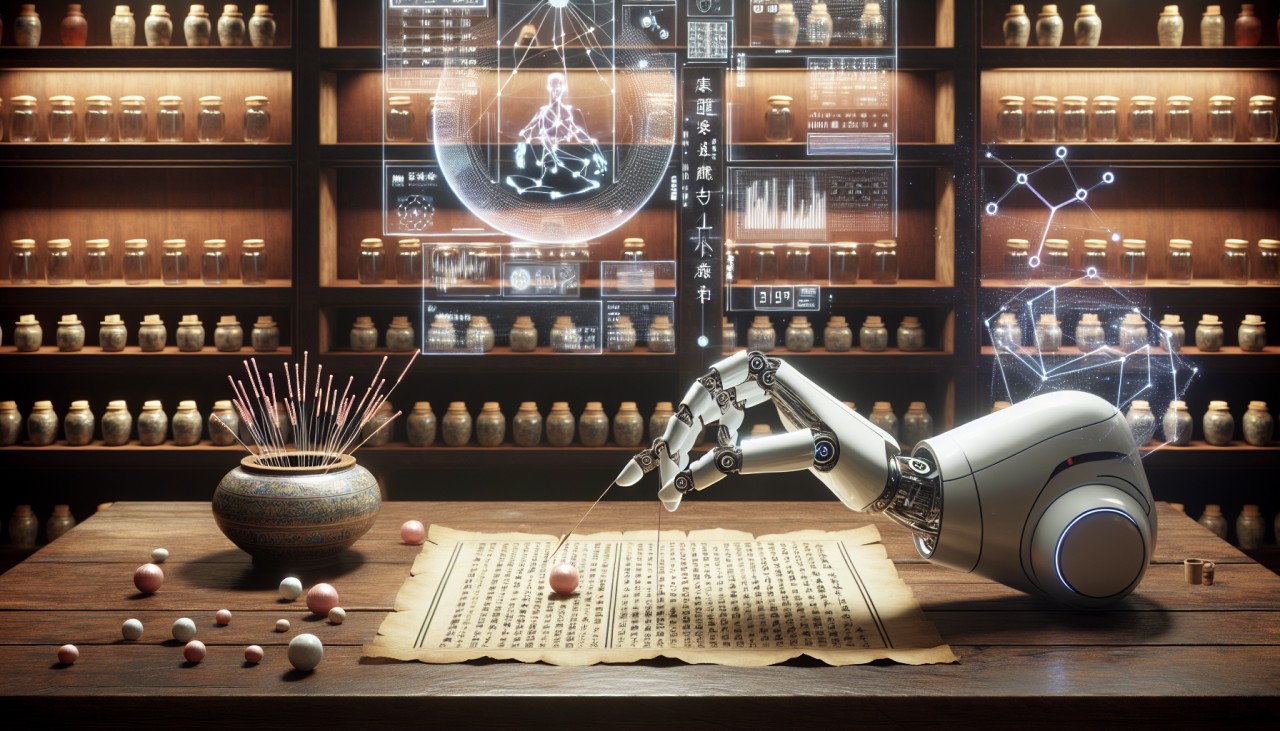


Artificial intelligence (AI) is increasingly integrated into Traditional Chinese Medicine (TCM), offering innovative solutions to enhance diagnostics and treatment personalization. In Guangzhou, China, the "Wang She Wen Shan" mini-program allows users to receive detailed health reports by simply photographing their tongues, providing personalized dietary and wellness recommendations. This AI-powered tool has been used over 30,000 times, with a 94% user satisfaction rate. subsites.chinadaily.com.cn Additionally, AI is being applied to the "Four Diagnoses" of TCM—inspection, listening, inquiry, and palpation—through machine learning models that analyze facial and tongue images to identify constitution types and offer tailored health advice. pubmed.ncbi.nlm.nih.gov
The integration of AI into TCM is not only improving diagnostic accuracy but also making traditional practices more accessible. For instance, AI-assisted tools can aid practitioners in underserved areas, providing diagnostic capabilities comparable to experienced professionals. This technological advancement is expected to modernize TCM, making it more efficient and appealing to a broader audience. However, challenges remain, such as the need for standardized reporting protocols and the integration of medical and engineering technologies. Ongoing research and collaboration between TCM experts and computer scientists are essential to overcome these hurdles and fully realize the potential of AI in TCM. subsites.chinadaily.com.cn
To incorporate AI-enhanced TCM into your daily routine, consider using the "Wang She Wen Shan" mini-program. By photographing your tongue, you can receive personalized health reports and dietary recommendations, aiding in proactive health management. This tool exemplifies how technology can make traditional practices more accessible and tailored to individual needs.